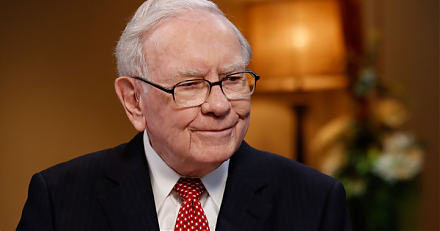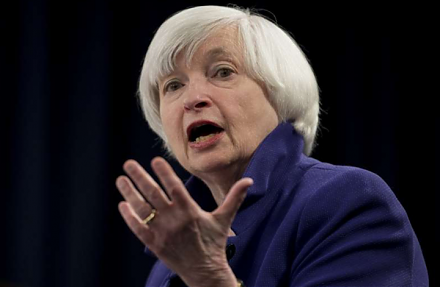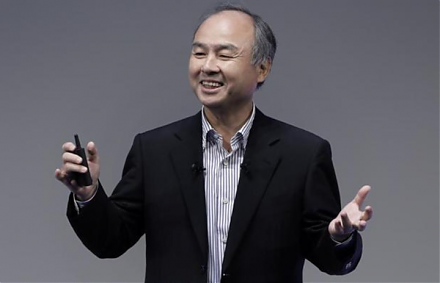

2018-04-05 07:42:00 Thu ET
stock market gold oil stock return s&p 500 asset market stabilization asset price fluctuations stocks bonds currencies commodities funds term spreads credit spreads fair value spreads asset investments
CNBC news anchor Becky Quick interviews Berkshire Hathaway's Warren Buffett in light of the recent stock market gyrations and movements. Warren Buffett views stocks as small pieces of business enterprises. He tends to buy large equity stakes of public enterprises with low relative market valuation that manifests in the form of low P/B and P/E ratios (below 1.2x and 9x respectively).
It would be idiotic to just look at the share price when the investor places his or her equity stakes in public companies. Although some investors and fund managers emphasize a healthy balance between stock and bond portfolio allocation, Buffett focuses on the higher 12% annual long-term average return on stocks in contrast to a meager 3%-4% counterpart for bonds. Given the recent oil price surge, Dodd-Frank rollback, and non-nuclear peace summit between North Korea and America, the current stock and bond fundamental recalibration offers lucrative investment opportunities.
Warren Buffett shares his principles for achieving success in life. First, we should keep a long-term perspective to invest in our own education and social integration for greater wealth, happiness, and personal fulfillment. Second, we remain humble enough to learn new tricks, concepts, and virtues to enrich our own wisdom. Third, we invest in bluechip stocks with extra cash and no debt to earn compound interest over time. These stocks include small profitable cash cows with low relative market valuation that invest conservatively in both capital investment and balance sheet expansion. In fact, we must learn to live within or even below our means for sound and sustainable wealth creation. We can be much better off owning a small number of well-made and reliable possessions than a large number of possessions that we seldom use in practice. We should consciously invest time and energy in each part of our lives with minimal destructive spending urges.
If any of our AYA Analytica financial health memos (FHM), blog posts, ebooks, newsletters, and notifications etc, or any other form of online content curation, involves potential copyright concerns, please feel free to contact us at service@ayafintech.network so that we can remove relevant content in response to any such request within a reasonable time frame.
2022-04-25 10:34:00 Monday ET

Corporate ownership governance theory and practice The genesis of modern corporate governance and ownership studies traces back to the seminal work
2018-09-23 08:37:00 Sunday ET

Bank of America Merrill Lynch's chief investment strategist Michael Hartnett points out that U.S. corporate debt (not household credit supply or bank ca
2018-08-31 08:42:00 Friday ET

We share several famous inspirational stock market quotes by Warren Buffett, Peter Lynch, Benjamin Graham, Ben Franklin, Philip Fisher, and Michael Jensen.
2017-07-01 08:40:00 Saturday ET

The Economist interviews President Donald Trump and spots the keyword *reciprocity* in many aspects of Trumponomics from trade and taxation to infrastructur
2023-12-07 07:22:00 Thursday ET

Economic policy incrementalism for better fiscal and monetary policy coordination Traditionally, fiscal and monetary policies were made incrementally. In
2018-12-21 11:39:00 Friday ET

The Internet and telecom conglomerate SoftBank Group raises $23 billion in the biggest IPO in Japan. Going public is part of the major corporate move away f